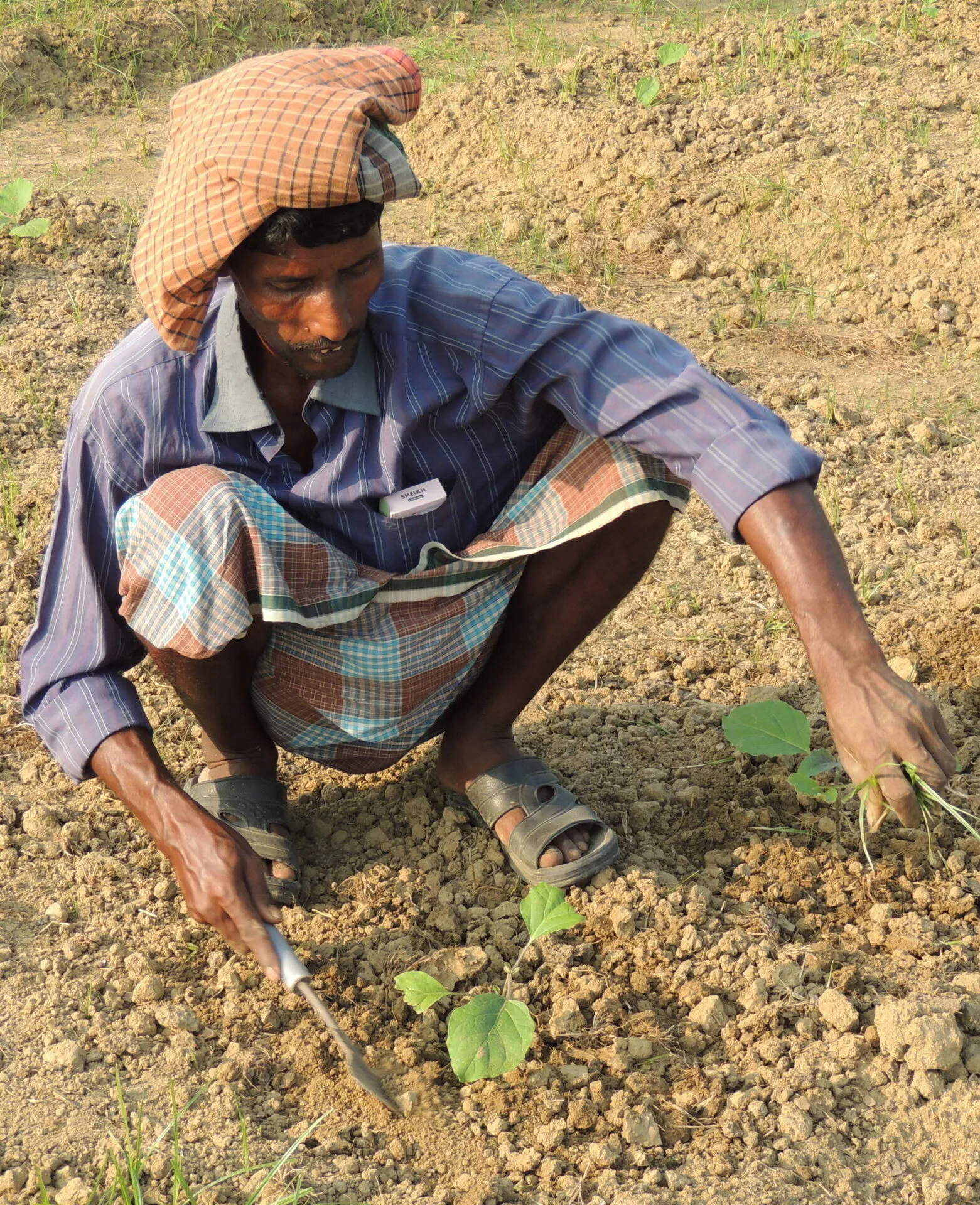

The overall objective of the assignment was to assess and identify youth and female farmers perceptions, behaviors, and needs on occupational health and nutrition so that GAIN can develop a nutrition education curriculum suitable for this target audience. Moreover, the formative research included Sub Assistant Agricultural Officer (SAAO) to understand their needs and constraints for delivering a nutrition education curriculum to farmers.
The specific objectives of this formative research were the following:
